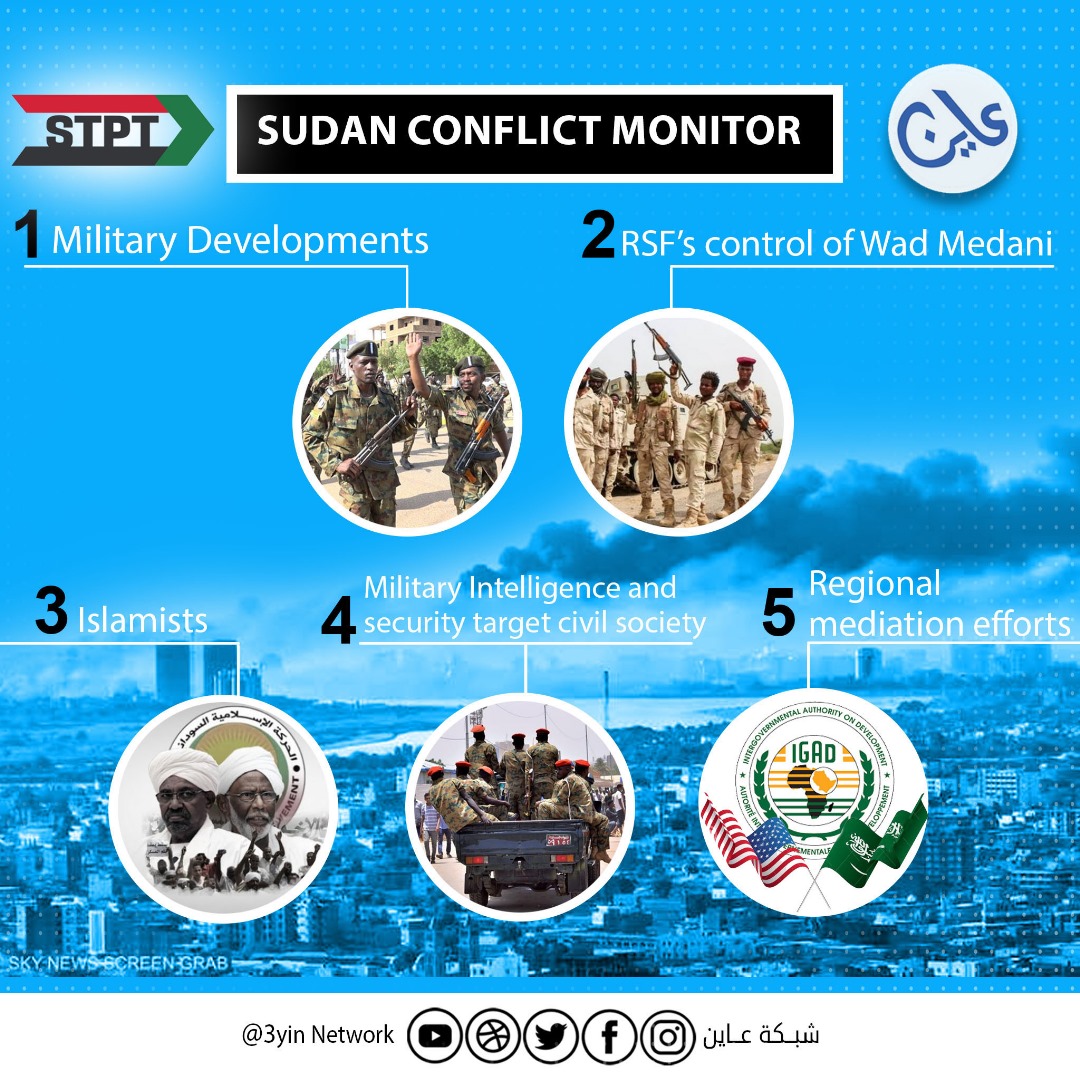Sudan Conflict Monitor #9
9 January 2023
The Sudan Conflict Monitor is a rapid response to the expanding war in Sudan written through a peace-building, human rights, and justice lens. Here we have tried to capture the five most important stories in Sudan. Please share it widely.
Powered by Ayin Media and the Sudan Transparency and Policy Tracker
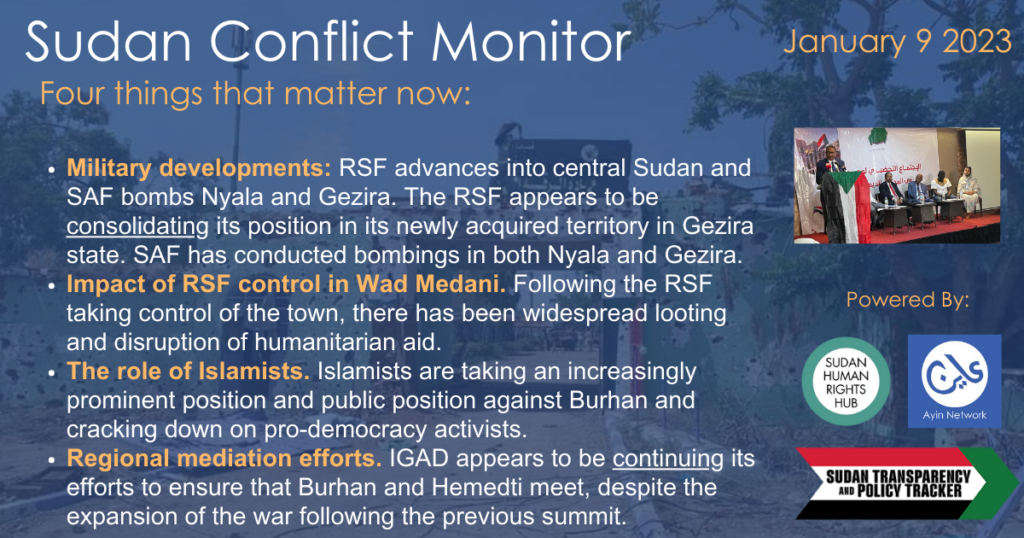
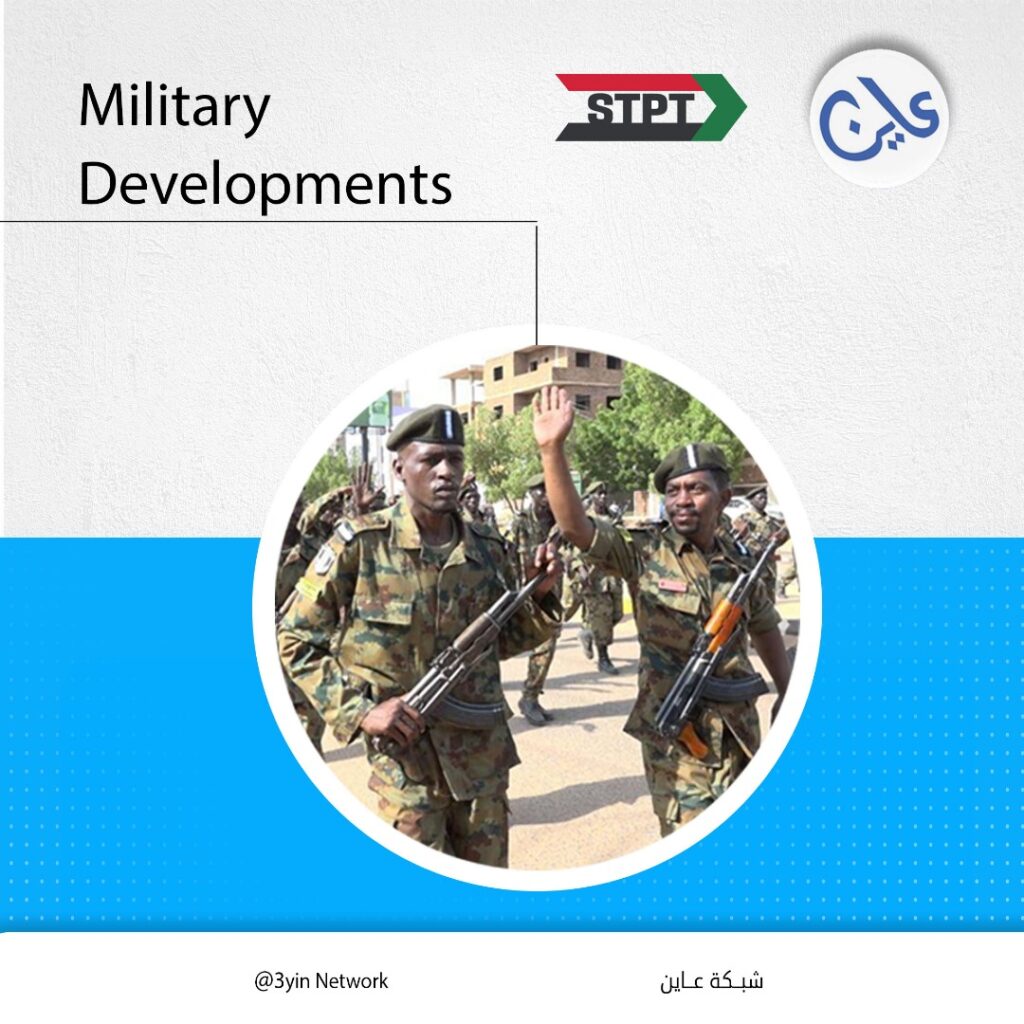
1. Military and political developments: RSF advances into central Sudan and SAF bombs Nyala and Jazeera
As a recent STPT policy brief warned, the conflict in Sudan is becoming more complex, metastasizing into multiple localized conflicts not under the control of the central command of either the SAF or the RSF and increasingly drawing on ethnically and tribally oriented rhetoric on both sides. This is especially evident in Darfur.
RSF advance into central Sudan
The speed with which Wad Medani, the second largest city in the country and the capital of the strategic Jazeera State, which is the breadbasket of Sudan, fell to the Rapid Support Forces (RSF) left many stunned. Some attributed the Sudanese Armed Forces (SAF) withdrawal without a fight to a major betrayal, speculating that the leading commander of the Wad Medani garrison ordered his soldiers to abandon their defensive positions across Hantoub bridge, the main entry point to the city, and to withdraw without a fight. Lt.-Gen. Abdel Fattah Al-Burhan supported this suspicion when he promised that “those who were responsible for this withdrawal will also be held accountable without leniency.”
It was rumored that the withdrawal of the SAF was prearranged with the commanders of the RSF’s attacking force to spare the city the physical damage and human costs that would have come with an urban battle. Others pointed to the weakness of the unit, which had sent many of its members to Khartoum. However, while physical damage to infrastructure appeared minimal two weeks after the fall of the city, RSF soldiers did not spare the residents and public institutions from massive looting. Families were ordered to leave their homes and surrender their valuables, cars, motorcycles, and rickshaws (three-wheeled motorcycles). RSF stationed sniper and anti-aircraft weapons in taller private and public buildings, preparing for new rounds of fighting.
RSF soldiers fanned out of Wad Medani and took control of other important towns and villages, including Managel, Rufa’aa, El-Hasaheisa, El-Hosh, etc. that fell without a fight as if by domino effect. They expanded out to El Geteina in White Nile state and south to Sennar state. During these operations, RSF continued to attack residents. Reports of people being attacked at their residences and held at gunpoint to surrender their vehicles and other valuables started to populate social media postings from all over the state.
Local reactions to RSF abuses
In several towns in Jazeera state, such as in Rufa’aa, local officials approached the RSF as the de facto authority in the region and asked them to strictly control their forces and safeguard the towns from the marauding, plundering behavior of RSF soldiers. In return, the committee of local dignitaries promised it would ensure the normal functioning of public services in the town.
Another response has been for farming communities to resist the RSF units, at times armed only with sticks and farmers’ tools. In the small town of El Hosh, 40 kilometers south of Wad Medani, after the RSF units began looting the locals and killed a resident in a neighboring village, thousands of townspeople and villagers demonstrated against the RSF using sticks and farmers’ tools to chase away the dozen or so RSF soldiers who were terrorizing the locals.
According to STPT phone interviews with town residents and social media postings, four RSF soldiers were killed in an attack on 26 December; others escaped leaving behind their vehicles. Afterward, the farmers inundated all roads leading to the area to slow down any RSF attempts to return. The farming community managed to recover many of the vehicles stolen from them in the following days as the fleeing RSF soldiers abandoned them in their retreat to Medani.
In El Medina Arab, a small farming town in South Jazeera District, a similar spontaneous uprising by locals against RSF soldiers stealing their vehicles and killing one from their community led to the killing of three RSF soldiers. RSF soldiers took revenge on 30 December, reportedly killing civilians they abducted from the market area. RSF reinforcements surrounded the village and ordered all residents to leave.
SAF’s Aerial Bombings
On Friday, December 29, the SAF launched a bombing raid on Nyala, which killed dozens. The State Department of Health placed the death toll at 29. Following the city’s fall to the RSF, there had been relative calm, which was shattered by the bombing. The Sudanese rights group Emergency Lawyers denounced the bombing as “indiscriminate.”
The SAF bombed locations in the city and Hajj Abdullah on January 2, killing half a dozen people, according to Wad Medani resistance committees.
SPLM-N in Dilling
On January 7, The Sudan People’s Liberation Movement-North (SPLM-N) under the leadership of Abdul Aziz al-Hilu seized the city of Dilling in South Kordofan State, in collaboration with SAF, to counter RSF expansion into the state, according to Dilling residents. Small skirmishes between the RSF and SPLA-N took place in the morning of January 8 but the city remains under SPLM-N control. According to a speech made by SPLM-N regional leader, Gen. Kuku Idris, the SPLM-N entered Dilling to protect Nuba civilians, claiming the RSF and allied militias were targeting the Nuba people following clashes in Habila in December and previous attacks in October last year. The conflict has created ethnic tensions between communities in Dilling with those from the Hawazma tribe, often associated with the RSF, leaving the city to northern areas of the state under RSF control.
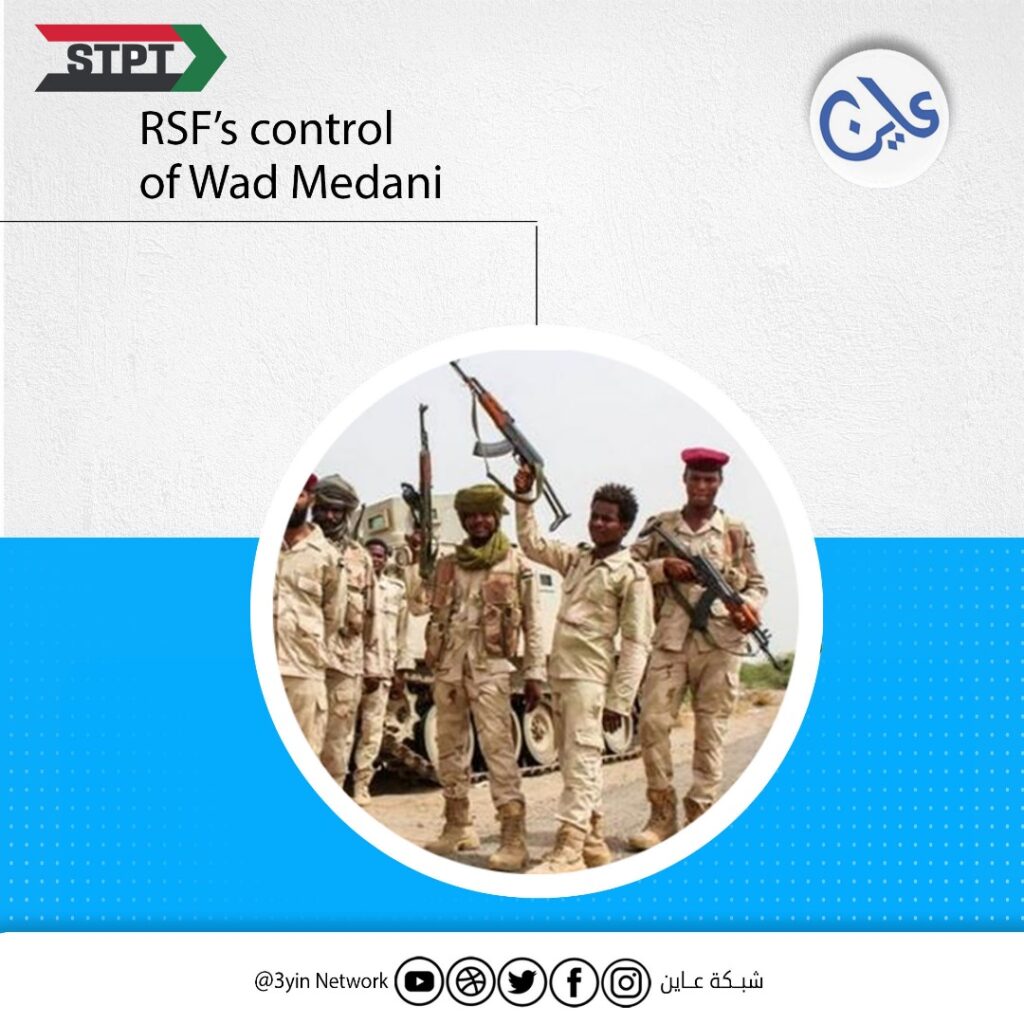 2. The impact of RSF’s takeover of Wad Medani
2. The impact of RSF’s takeover of Wad Medani
As a result of RSF’s takeover of Wad Medani and its surroundings, an estimated 250,000-300,000 residents fled to Sennar and Gedaref, exacerbating the humanitarian crises in these cities. Indeed many of those displaced from Medani had already been displaced from Khartoum.
The take-over has exacerbated food insecurity across the country. In Gezira and Northern State, the planting season for wheat takes place in November and December and the harvest is usually in March and April. Estimates for the 2023 winter season had projected planting 224,700 hectares in the two states to achieve the average annual wheat production of 648 thousand tons, representing 22 percent of Sudan’s total wheat needs, which amounts to 2.8 million tons annually, according to Atar investigative magazine. These goals are not likely to be achieved as farmers had to flee and others are likely to have had planting disrupted by the fighting.
Villages in Gezira State are contending with food commodities doubling in price, residents said, with many merchants selling at high prices since they fear their storied goods will either run out or be looted.
In addition, all food factories in Wad Medani have stopped operations completely after being occupied and looted by RSF fighters. All raw materials and finished food products, including wheat flour, sugar, tea, and fuel for the factories were looted. Thousands of workers have lost their jobs, and livelihoods, and were forced to flee the city to seek safety in other places.
In the neighboring town of Hasahisa, the Resistance Committee based there estimates the RSF and their aligned gangs have stolen as many as 1,800 vehicles from the town. All agricultural tractors were looted from an exhibition near the Sur factory in Al-Sadaqa. A house north of Al-Marikh Club has been allocated to store looted and broken down vehicles, and maintenance work is being carried out there.
In addition to interruptions in farming and food production, RSF soldiers have looted humanitarian supplies. On December 28, WFP publicly condemned the theft of enough food to feed 1.5 million people for a month from its warehouse in the city by RSF soldiers. UNICEF and MSF reported that their stocks were looted. UNICEF was able to evacuate several orphans who had previously been evacuated from Khartoum. All humanitarian agencies relocated their staff from Wad Medani to Kosti, and from there to South Sudan. The continued uncertainty about international operations underscores the need for the localization of large-scale relief operations.
The take-over has further eroded and strained health care. Because the war limited access to health services in Khartoum, Wad Medani had absorbed many of these patients. After the collapse of the health sector in Khartoum, the city of Wad Madani was also the only destination for patients throughout Sudan to receive specialized treatments such as neurosurgery and cancer care. Medical staff have fled the city due to the war, leaving patients from Gezira and beyond with no access to critical treatments. Hundreds of patients take harsh alternative methods of treatment in the border areas of South Sudan, especially in the Abyei border area, to benefit from treatment services supported by international humanitarian organizations.
Further, the attack on Wad Medani has disrupted business. Some businesses that were not destroyed in the initial fighting in Khartoum were able to move their operations to Wad Medani at great risk to their workers and after paying large sums of money to RSF or SAF checkpoints along the road to ensure safe passage. Now, many of these businesses have been forced to stop operating. For example, all food factories in the city stopped operations completely after being occupied and looted by RSF fighters. Thousands of workers have lost their jobs and livelihoods and were forced to flee.
The attack on Wad Medani also increased the risk that the banking sector might collapse as the city had served as the banking sanctuary of the country. In May and June, the country’s banking institutions and financial services companies moved to Wad Medani and began rebuilding their networks with other branches in areas under SAF control. During the take-over of the city, RSF soldiers filmed themselves attempting to count truckloads of Sudanese currency on minitrucks.
The collapse of the banking system accelerated as the RSF advanced southwards to Sennar and southwest to Kosti. In the latter city, rumors of approaching RSF soldiers led traders to relocate their goods outside the city. All local banks transferred their holdings to their branches in Port Sudan, according to media reports. In Gedaref, some banks began in late December to refuse to take deposits from customers.
The humanitarian catastrophe in Gezira state has wide-ranging impacts across Sudan in terms of movement, trade, and banking services. Supply lines to the east from Gezira, Blue Nile, White Nile, and Sennar have been cut off; commercial traffic and travel have reportedly stopped. Kosti served as a supply station to the east for the eight federal states of Greater Kordofan and Greater Darfur regions. The RSF capture of Wad Medani’s neighboring city, Al-Manaquil, has denied civilians from the Greater Kordofan area and East and North Darfur access to food supplies and trading markets. Al-Manaquil became a critical commercial and industrial center after the fall of Khartoum. Civil forces must hold the RSF accountable for the opening of supply lines and humanitarian corridors and the protection of civilians.
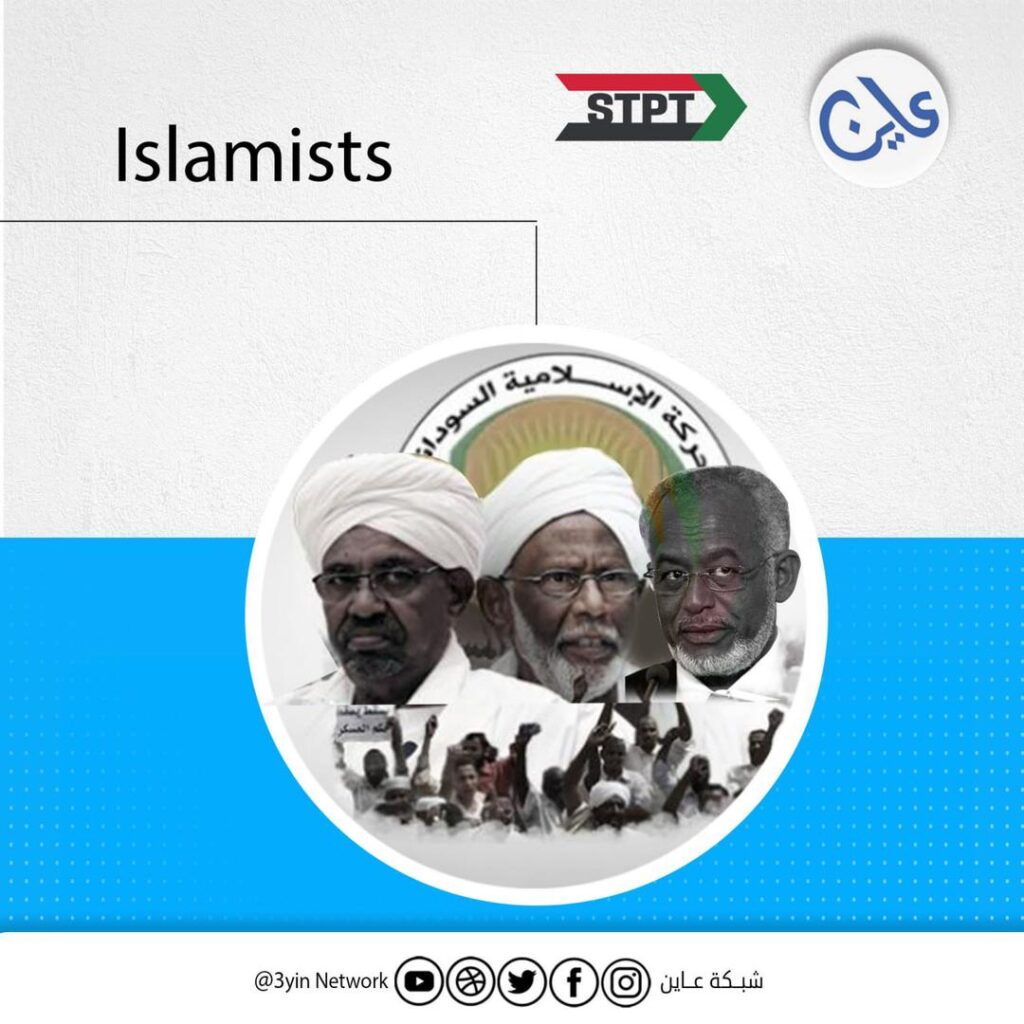 3. The role of Islamists
3. The role of Islamists
Islamists are taking an increasingly prominent public position in the wake of the fall of Wad Medani. Responding to the SAF’s defeat and its failure to effectively mobilize, Ali Karti, Secretary-General of the Islamist Movement (Sudan’s chapter of the Muslim Brotherhood Movement) and subject of US sanctions, released an audio message on social media on December 19. Karti admonished SAF stating “Opportunities don’t repeat themselves. People’s support (for the SAF) is conditional on its senior command being truthful to the people. The mobilized fighters will be witnesses for or against you throughout history: expedite their armament, accelerate their training and command.”
SAF’s efforts to mobilize since Burhan escaped the military headquarters in August, have been undermined by bottlenecks in the supply of weapons, military training, and weaknesses in command structures. In addition, the public may lack the enthusiasm to join a senseless war. With the army’s dismal performances on the battlefield since then, and particularly following the devastating fall of Wad Medani, the Islamist Movement called for a new “Popular Resistance” force. Their campaign invokes the same jihadist calls for which the Islamist Movement is renowned.
In River Nile and Northern State in particular, the criminal conduct of RSF soldiers provided easy ammunition for the hate speech and propaganda of those calling for a military solution and rejecting negotiations. The propagandists of the Sudanese Islamist Movement were the loudest advocates of this. For example, on December 29 the Acting Governor of Kassala State, Mohamed Musa Abdelrahman, called for civilians to mobilize and carry weapons in defense of the state, repeating the well-known jihadist slogan “jihad, victory, or martyrdom.” It was not clear to what degree the SAF had approved of or was engaged in, the massive rallies calling for arming citizens in the two states. Weapons were handed out at several of these rallies.
In both River Nile and Northern states, calls for unmasking “sleeper cells” of the RSF enemy led to the rounding up and forced disappearances of dozens of citizens originating from Kordofan and Darfur, identified by their ethnicity or appearance. Such incidents had occurred earlier in the war, but have now become widespread. It is estimated that hundreds of thousands of people of western Sudanese origin lived and worked in the two states, including as artisanal gold miners. Many expressed concern that they suddenly felt targeted because of their origins. Some westerners were reportedly summarily executed on suspicion that they were spying for the RSF. These cases illustrate a dangerous trend of ethnic targeting in Sudan’s expanding war. This represents a dangerous inflection point where it can become increasingly widespread.
In the aftermath of the stunning RSF advance into the Gezira State in December, the army and intelligence service have also been cracking down on pro-democracy activists. In River Nile State, for example, Governor Mohamed al-Badawi turned on the members of the Forces of Freedom and Change, giving them 72 hours to leave the state, and associated them with “traitors” and “collaborators.” The FFC includes democratic forces but has been widely criticized for being too sympathetic to the RSF in the run-up to and since the outbreak of war.
The recently appointed Attorney General under the army’s defacto leadership, Al-Fateh Muhammad Issa Tayfour, has established a committee “to investigate” those who met the RSF leader, Lt-Gen. Mohamed Hamdan Dagalo (better known as “Hemedti”) in his recent visit to Addis Ababa, Ethiopia, met with civilian forces, including members of the Forces for Freedom and Change.
On January 1, Emergency Lawyers reported that Professor Sati Muhammed Al-Hajj was arrested and detained in Port Sudan, without his whereabouts being revealed. In El Obeid, in Northern Kordofan, SAF reportedly killed three people they alleged to be RSF spies. In addition, in El Fasher, North Darfur, military intelligence reportedly detained people calling for an end to the war. Sudanese human rights groups have condemned the detention of pro-democracy activists in various locations as a tactic by remnants of the Bashir regime to regain control of the country at all costs.
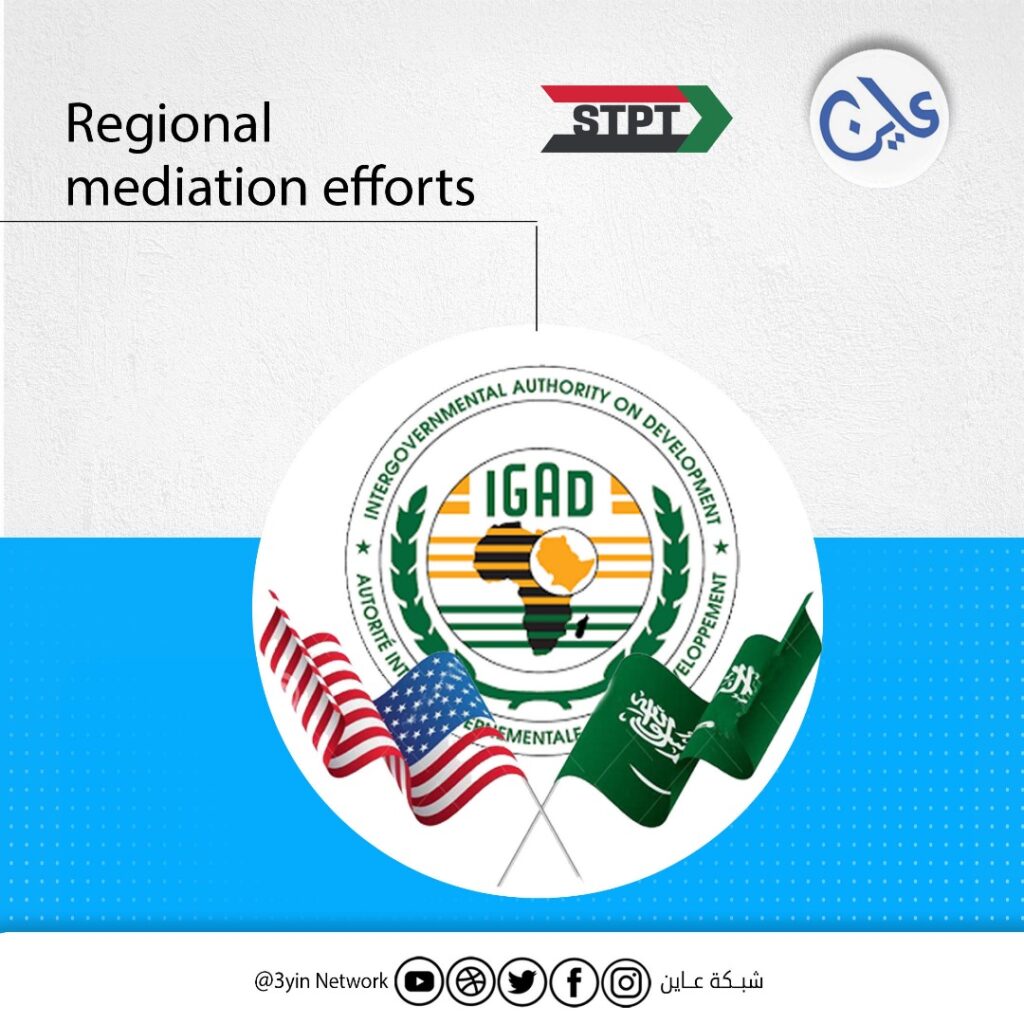 4. Regional mediation efforts
4. Regional mediation efforts
Following the IGAD summit in Djibouti in December, a meeting between Hemedti and Burhan in person was to take place on December 28. The day before the proposed meeting, the regional bloc announced the meeting would be delayed until January 3 for “technical reasons.” The RSF said that there were no technical issues on their side, and reiterated their willingness to meet but insisted that the meeting be done in the formal setting of the IGAD summit participants including AU, UN, and others. SAF’s Burhan initially accepted the idea of meeting but then the Foreign Ministry distanced itself from the IGAD Communique, calling the meeting into question.
In late December and early January, Hemedti visited Uganda, Ethiopia, Djibouti, Kenya, South Africa, and Rwanda, meeting with Prime Minister Abiy Ahmed in Ethiopia, President Yoweri Museveni in Uganda, and President Ismail Guellah in Djibouti. He received a full presidential reception in Kenya and met with President William Ruto. Hemedti also visited and met with presidents Kagame and Ramaphosa. On January 6, Hemedti also visited Rwanda’s genocide memorial and urged Sudanese to learn from Rwanda’s example. Sudanese condemned the visit as an insult to victims of serious crimes by the RSF.
Hemedti said that the visits were intended to set out the RSF’s vision for negotiations and how to “rebuild the Sudanese state based on new, just foundations.” Musa Fadl Al-Sayyid, an international relations researcher, argued that the trip was an “attempt to legitimize his foreign credentials.” The welcome Hemedti received in the various capitals provoked the ire of Burhan, who declared in a fiery speech on January 5 before thousands of soldiers and recruits that the SAF was no longer interested in negotiating with the RSF. Burhan accused those receiving Hemedti of “partnering the crimes committed by these murderers.”
Meanwhile, Sudanese civilian leaders, including former Prime Minister Abdalla Hamdok met with Hemedti in Addis Ababa on January 1, 2023. This meeting resulted in a declaration between civilian forces and the RSF which addressed the need for a ceasefire and also set out principles for the re-establishment of the Sudanese state. Many observers criticized the meeting as an attempt to legitimize a destructive force while others argued that it was a pragmatic move to begin to build a ceasefire.
A meeting between the two belligerents would be a positive step in advancing an end to the war, but given that after agreeing to the meeting, the SAF immediately distanced itself from the decision and the RSF expanded the war, we should not expect quick progress in those talks.
More from our partner organizations:

Sign up for the Sudan Transparency and Policy Tracker newsletter here
- Field Dispatch from El Fasher November 2023
- Declaration of Principles Group & the Alliance of Democratic Civil Forces for Ending the War and Restore Democracy Taggadum) November 2023
- Sudan’s Banking System: Challenges and Opportunities October 2023
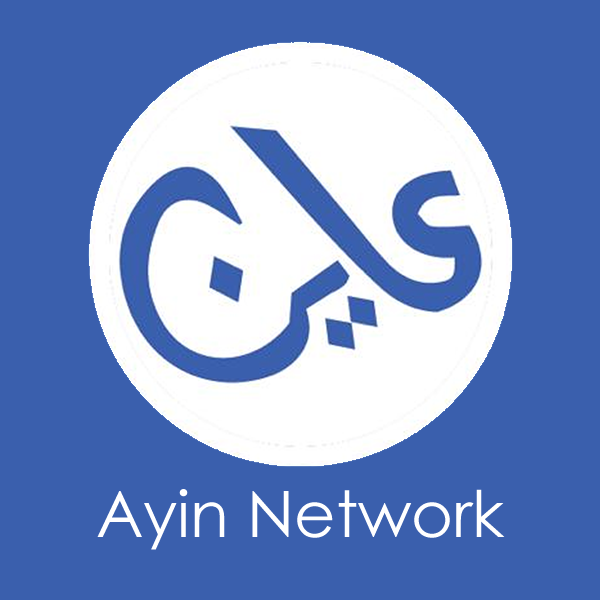
Follow Ayin: YouTube Facebook Twitter
- Sudan’s health system nears collapse December 2023
- Himmedti’s surprise tour amidst postponed Djibouti meeting December 2023
- The Clashes around Wad Medani, triggers new displacement December 2023


